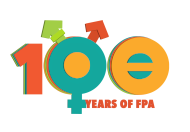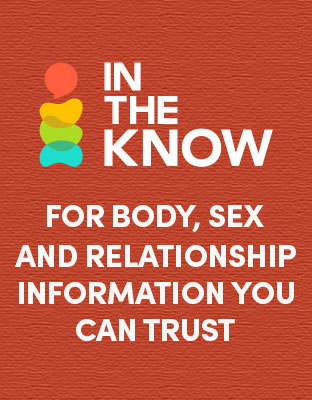
Menopause is a natural event in later life when the menstrual cycle stops. Menopause happens when the ovaries start to run out of eggs.
A person has reached menopause when they have not had a menstrual period for one year. This usually happens between the ages of 45 and 55.
To learn about the menstrual cycle, go to: Know your Health: Fertility and reproduction
On this page you will find information about:
- Perimenopause
- Symptoms of menopause and how to manage them
- Hormone Therapy
- For more information
- Resources in other languages
Perimenopause+
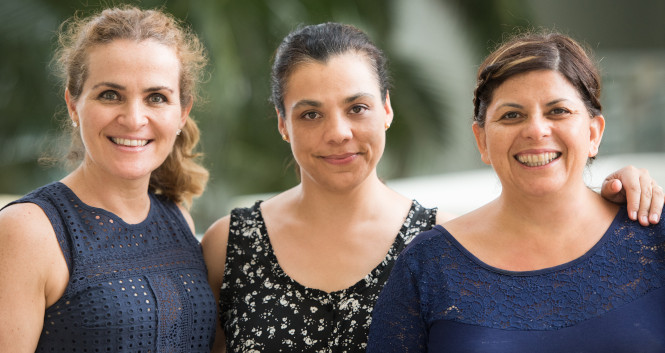
The time before menopause is called perimenopause.
During perimenopause a your period will change. Your periods may:
- become more or less frequent
- last more days or fewer days
- be lighter or heavier than usual
If you are between the age of 45 and 55, and are missing your period, you may be starting perimenopause.
A missing period may also mean you are pregnant, so it is important to take a pregnancy test if you miss a period.
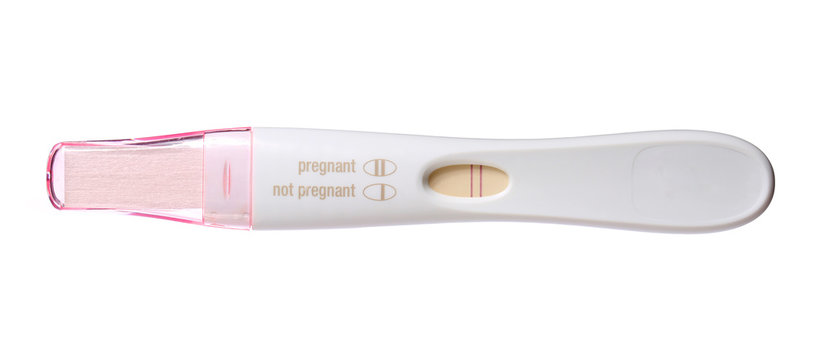
To learn more about pregnancy tests, go to: Know Your Health: Pregnancy options
Symptoms of menopause and how to manage them+
Most people will have some symptoms before their periods permanently stop.
Everyone will have different experiences of menopause symptoms because everybody is different.
You can manage symptoms of menopause by:

Keeping hydrated and drinking lots of water

Eating a balanced diet of vegetables, fruits and wholegrains
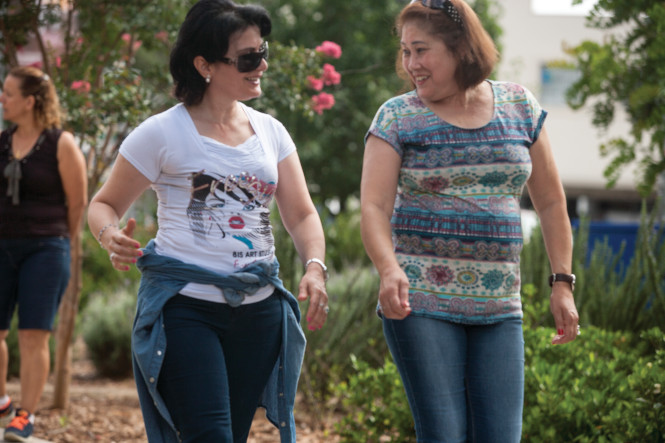
Being physically active every day, like taking a walk or light exercise
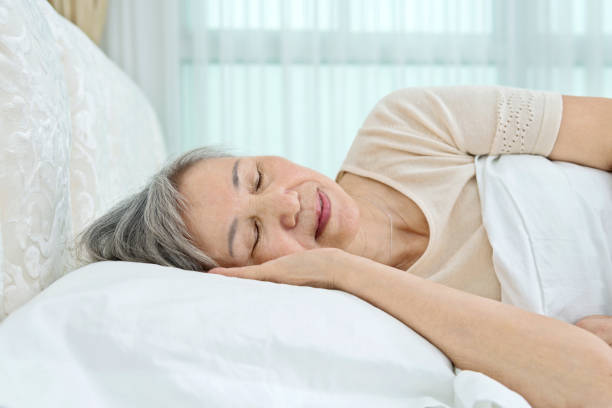
Getting enough sleep
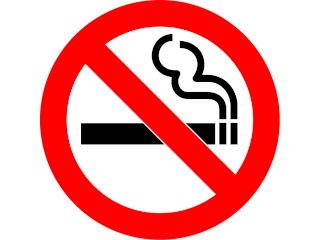
Stopping smoking

Limiting sugary drinks and sweet/salty/fried foods
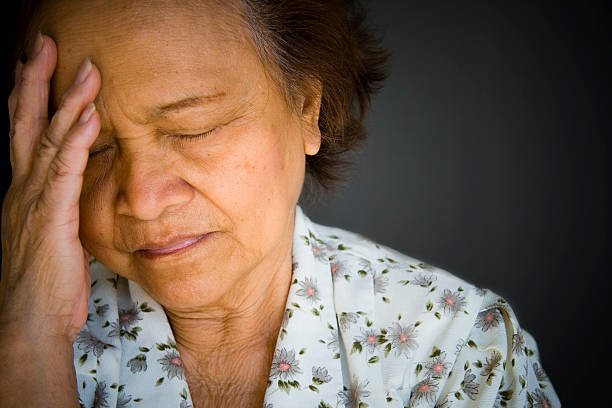
Managing stress levels
For more information on how to manage specific symptoms, download:Know Your Health: Menopause
Hormone Therapy+
Some people may choose to use hormone therapy to manage symptoms of menopause. Hormone therapy involves taking the hormone oestrogen. This can be in the form of tablets, patches or gels which need to be prescribed by a doctor.
Menopause hormone therapy may not be suitable for some but is a safe option for many. Talk to your doctor or visit a Family Planning NSW clinic for more information about hormone therapy options.
For more information+
Download the Know Your Health: Menopause booklet for easy information about menopause. Click here to download.
You can also call the Family Planning NSW Talkline on 1300 658 886 to speak to a nurse or click here to talk to one of our nurses online.
To speak to someone in your language, call the Telephone Interpreter Service (TIS) on 131 450 and ask to be connected to Family Planning NSW Talkline on 1300 658 886.
Resources in different languages+
Videos about menopause
Press play on menopause - Arabic Press play on menopause - Dari
Booklets about menopause
Know Your Health: Menopause - Arabic Know Your Health: Menopause - Dari

